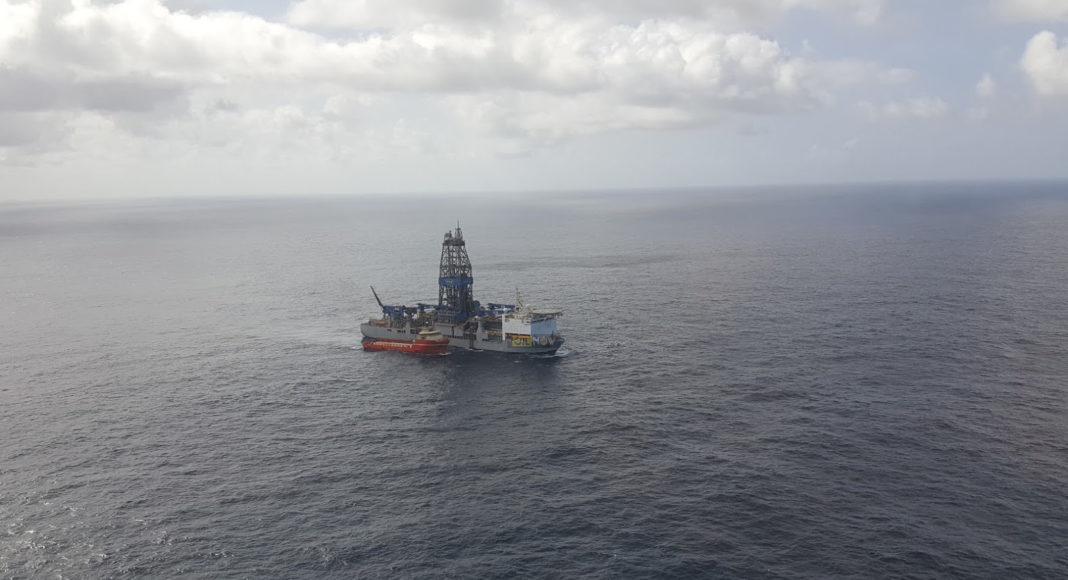Norway consultancy group Rystad Energy says new discovered volumes – a measurement of a company’s exploration performance – illustrates the daunting challenge faced by oil majors to maintain their reserves base and supply existing customers.
The U.S oil major’s proven reserves shrank by 7 billion boe in 2020, or 30%, from 2019 levels, according to Rystad Energy. This was mainly due to reductions in Canadian oil sands and US shale gas properties. ExxonMobil’s proven reserves of liquids in Canada were revised from 4.8 billion barrels of oil to less than 900 million barrels, while bitumen-related reserves for the Kearl and Cold Lake oil sands projects were slashed from 3.8 billion barrels to less than 100 million barrels. In addition, liquid reserves related to some US shale plays have been reduced by 1 billion barrels.
Rystad Energy said ExxonMobil’s 15 billion boe of reserves declared in 2020 means its volumes would run out in just over 11 years, compared to the previous expectation that these would last for more than 16 years.
The reserves to production ratio for Shell, meanwhile, fell dramatically to 7.4 years in 2020 – the lowest level among all majors. The company has already reported its oil production peaked in 2019 and it expects an annual decline in output of between 1% and 2% until 2030.
“Over the past five years, the six majors have replaced only 45% of their production through reserves from new discoveries. ExxonMobil fared better than its peers, adding more than 70% of the produced reserves thanks to 9 billion boe of discovered volumes in the offshore Stabroek Block in Guyana,” Rystad Energy stated.
The consultancy group said Total also enjoyed significant exploration success last year in the Guyana-Suriname basin, while Eni did well thanks to success in Africa. Chevron and Shell, on the other hand, have struggled to register new discovered volumes. Chevron managed to replace only 15% of its produced volumes from 2016 through 2020, while Shell replaced 27%.



